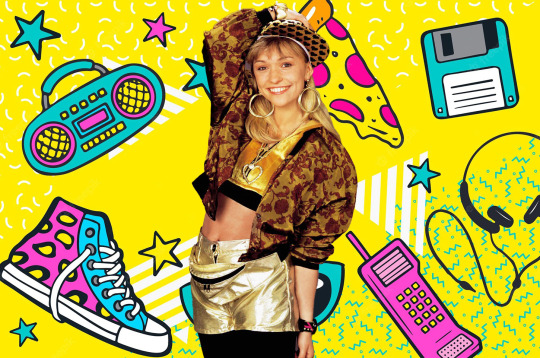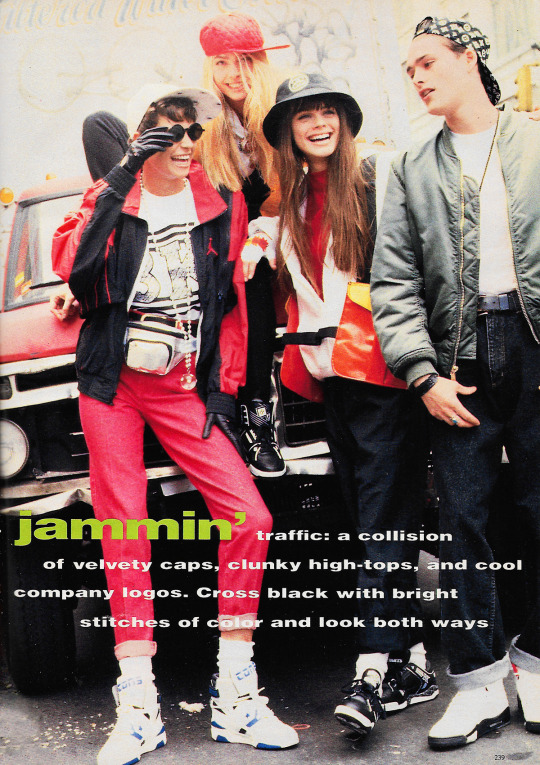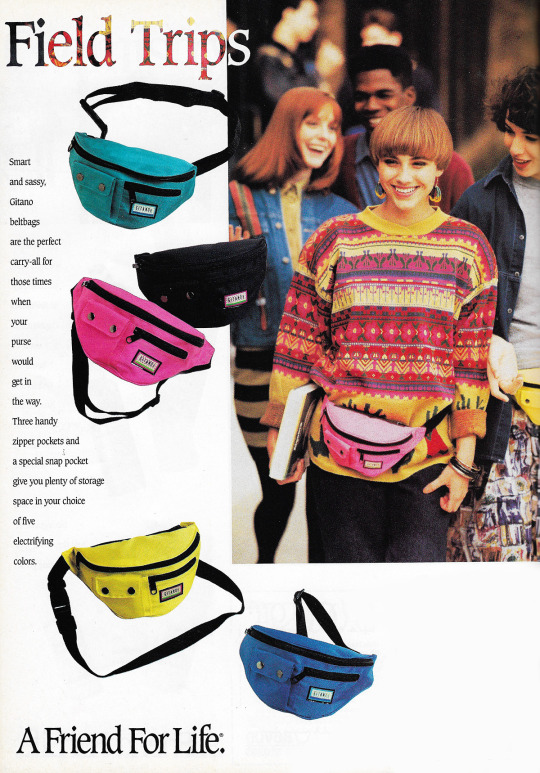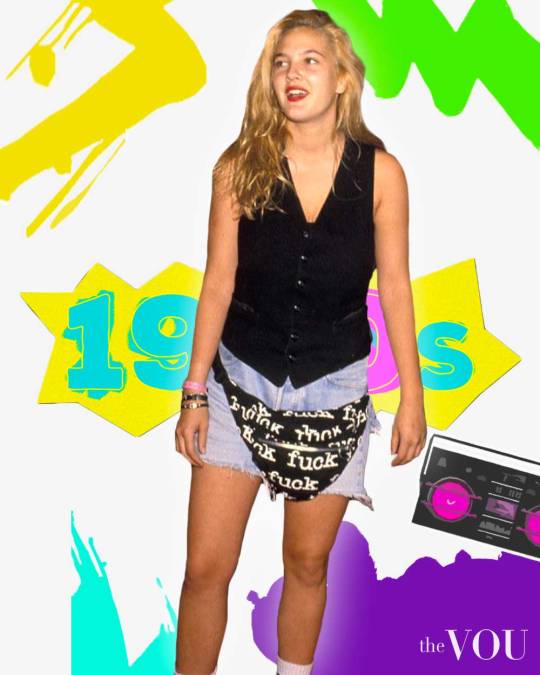#the 90's
Text
Poster collection 🎤🌹🎩🎸🔫🌹🤘
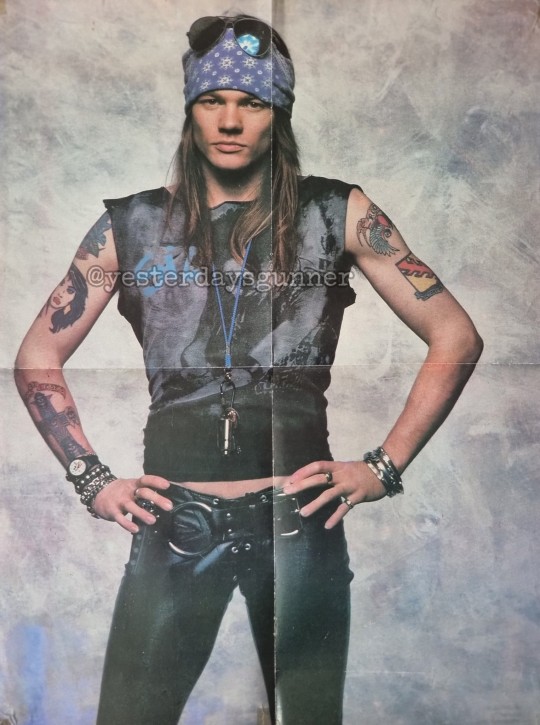
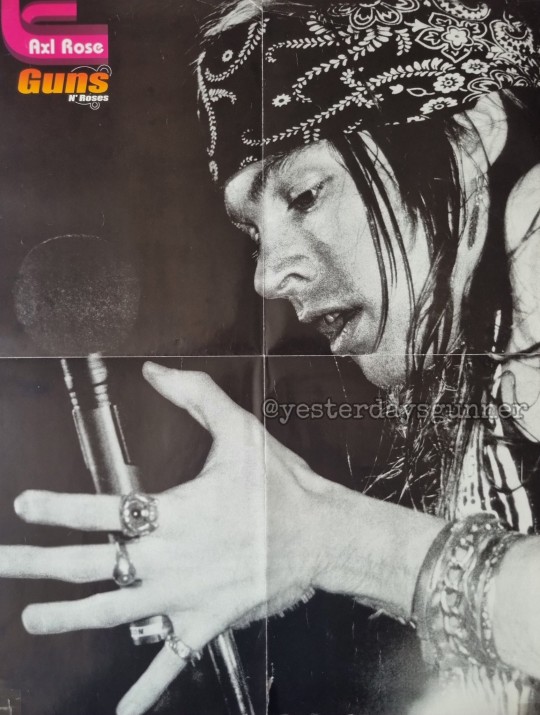




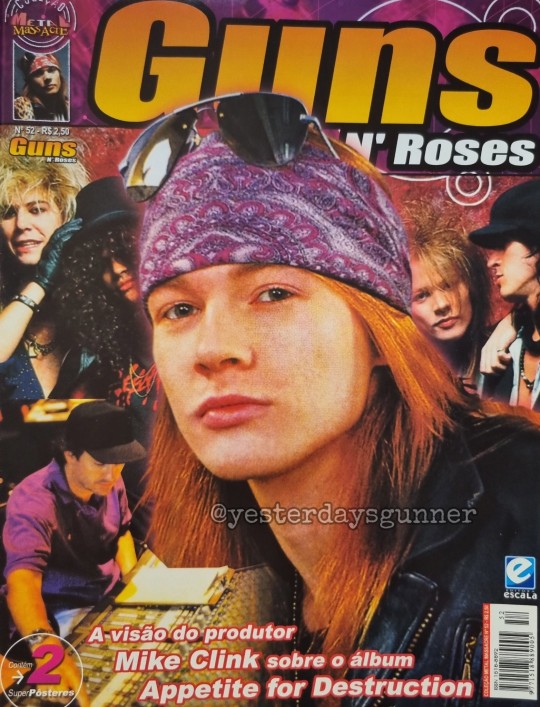
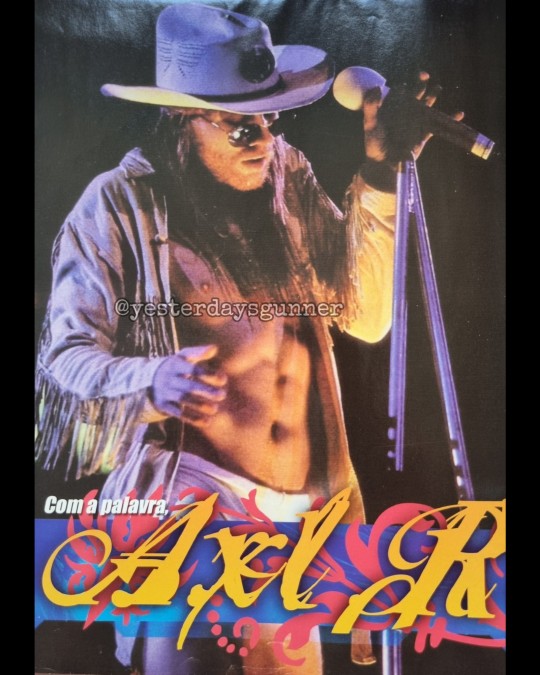
#axl rose#slash#duff mckagan#izzy stradlin#steven adler#guns n roses#gnr#hard rock#the 80s#the 90's#2010s
67 notes
·
View notes
Text

#left eye#tlc#lisa left eye lopes#marc baptiste#90's music#the 90's#90's pop music#90's girl groups#female rappers#kelly rowland#black girl aesthetic#black women#black girl luxury#blackgirlmagic#blacktumblr#soft life#black girl magic#black girl hair#melanin#soft moodboard#black love#blackout#black girls travel#braids#summer#block party#black girl#luxury lifestyle#rich black women#educated black women
199 notes
·
View notes
Text
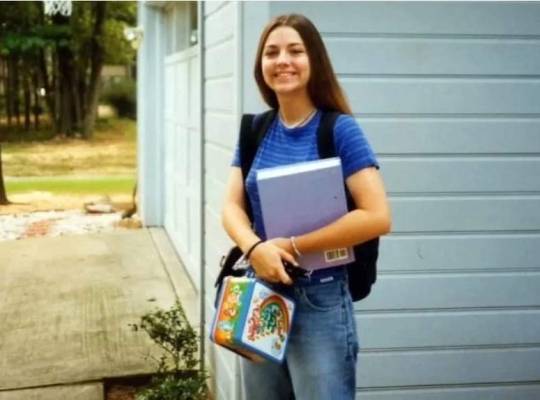
Amy Lee of Evanescence going to school with her Care Bears lunchbox in 1995
12 notes
·
View notes
Text
#nia long#larenz tate#black women#black beauty#women of color#fashion black women#beautiful black women#black women are beautiful#black women are sexy#sexy black women#black girls does it better#black girls are magic#natural beauty#natural black beauty#natural black hair#love jones#black movies#black actor#black films#the 90's#90's movies#black hollywood#sexy black men#black luxury#90's black women#90's#90's fashion#Avatar#cyarskj52#blackwomenrule
15 notes
·
View notes
Text
Old Song I Know

I consider the music playing in my car to be a critical part of the experience for my passengers when I’m driving for Uber/Lyft.
I’ve had thousands of people in my back seat, and trying to ensure that whatever song is playing when they get in my car appeals to them is no easy feat. Whether they are with me for 3 minutes or 2 and a half hours, I want that time to be as enjoyable as possible. Often a passenger is heading somewhere undesirable, like work, and other times they may just be having a bad day. If possible, I want to help them escape for a few moments.
The first couple of weeks I did Uber/Lyft, I didn’t have anything playing in my car. I was still navigating the whole process and I wasn’t sure what was normal or comfortable. In hindsight, the silence was probably pretty awkward for those early passengers. At some point, I began putting on a local radio station that played the most current and popular music. That was okay, but then I found that after a couple of years I was still listening to the same songs 9 or 10 times in a single day. More often than not, songs I hated. I decided there had to be a compromise to where I wasn’t spending my entire workday trapped in a car listening to what I considered to be insufferable music. I made a playlist of just the popular songs I didn’t hate and began using that. It worked for a while, but then I grew tired of it as well. Eventually, knowing that on some level 80’s music appeals to most people, I threw together a playlist of instantly recognizable and upbeat songs like “Take On Me” and “Beat It.” It proved to be a pretty successful move, and passengers would regularly hum or sing along to artists like Prince or Don Henley, while in-between rides I would serenade the empty space with The Outfield or Depeche Mode.
About a year ago, I started producing a 90’s themed podcast and YouTube channel. (the90sweekbyweek.com, thanks for asking!) While deep diving into the music of that era, which is far more representative of my formative years than the 80’s, I decided to switch to a 90’s Uber/Lyft playlist. As I watch people my age reminisce over a song or a moment they associate it with, I’m offered a sense of shared nostalgia. For instance, I had a passenger the other day talk about a tour they recently attended that included the band New Edition. While New Edition itself is more closely associated with the 80’s, they spawned several acts that are considered quintessential 90’s. In this case, the song “Poison” by Bel Biv Devoe had come on while they were in my car. “Poison,” by far, elicits some of the most positive reactions from my passengers. Rightfully so. I’ve heard it a thousand times in the past year and still haven’t gotten tired of it.
Selecting songs from the 90’s to put into a playlist for an extremely diverse group of random people is a lot harder than it may seem. Especially when you’re trying to find music that you yourself don’t hate or will get burned out on quickly. Obviously, if you’re trying to bring someone’s mood up or give them a positive experience, you can’t just go with what were considered the most popular songs of the 90’s. Many of them have inappropriate lyrics or intense musical arrangements, and others tend to be too mellow or melancholy. In addition, what I consider to be the best songs of the 90’s may not be the best choices for an Uber/Lyft ride. I long considered Pearl Jam’s song “Black” to be my favorite of any era. After years of playing it over and over, I’m not as high on it as I once was, but still consider it a vital part of any 90’s playlist I’m making for myself. Honestly, every song off the “Ten” album could go on a 90’s playlist and I’d consider it acceptable. Not a single song on that album, however, has made it on my Uber/Lyft 90’s playlist. I just don’t see them helping anyone’s mood for the amount of time I’m taking them wherever they are going. On the other hand, “Jump” by Kriss Kross or “Fantasy” by Mariah Carey have a pretty high success rate.
Sometimes, after I’ve listened to a song for the hundredth time, I start to question my decision to include it in the first place. And I’m not going to lie, “Ice Ice Baby” is still in rotation, but every time it comes on, I get a little embarrassed. God forbid that anyone who doesn’t know that I compiled a list of popular 90’s songs think that I just chose to listen to Vanilla Ice on my own accord. I’m not judging anyone that chooses to express their inner Rob Van Winkle on a regular basis, he’s just not real indicative of anything I choose to associate with. Another example of a song on my current 90’s Uber/Lyft playlist that I second guess is “So What’Cha Want” by the Beastie Boys. It’s one of my favorites on there, but with such a heavy beat and staticky vocals, I wonder if the appeal is broad enough for the myriad of people entering my car. Conversely, while it’s also currently in rotation, I fear that “Plush” by Stone Temple Pilots has a tempo that is too slow to bring or keep people’s spirits up.
It's difficult to separate your affinity for certain songs and the memories you attach to them from the unknown experiences of others. Especially complete strangers. I’m constantly questioning and refining my 90’s playlist. Imagine you are getting in an Uber or Lyft, and the driver is playing 90’s music. If you are looking to be in a festive or positive mood, what songs would you want to hear? What songs would it be hard not to smile at or begin humming along to? Feel free to leave your thoughts and suggestions in the comments and thanks in advance!
And now…a haiku:
though the songs differ
everyone has a soundtrack
if you will listen
“Where words fail, music speaks.” ~ Hans Christian Andersen
#the 90s#the 90's#the nineties#take on me#beat it#prince#the outfield#depeche mode#mariah carey#kriss kross#vanilla ice#bell biv devoe#pearl jam#beastie boys#new edition#black#ten#poison#fantasy#jump#so whatcha want#plush#stone temple pilots#haiku#lyft#uber#beer#philosophy#psychology#playlist
8 notes
·
View notes
Text
Y2K’s Forgotten Heroes And The Looming Threat of 2038
I feel like sharing some information about the 90′s to people here. Particularly about Y2K, aka Internet Armageddon That Didn’t Happen In 2000 Thanks To People You Haven’t Heard Of Like My Mom.
My mom, among her teammates and people tasked with similar roles to her, never get any recognition for the work they did in keeping computers across the globe functioning in 2000. She was a project manager among a group of overstressed, underappreciated people that worked at a company called Intel that are responsible for preventing a global societal collapse in 1999. Y2K being allowed to happen the way people thought it would (and really, it was going to be worse than even Intel could forecast and they still don’t know how bad it would’ve been) would’ve undoubtedly destroyed the fabric of the internet in 1999 and 2000, and therefore, no social media platforms like this Hellsite right here. She’s actually on tumblr and has been following the Muskrat’s destruction of Twitter with mute, techie horror.
In the years leading up to 2000, the world was panicking on its tenderhooks due to the looming crisis that was Y2K. For those of you that are either too young to remember or just didn’t know about it, Y2K was a big deal. A planet-alteringly big deal. A “We don’t know how much would’ve crashed and burned in our world’s society and economy if we’d ignored it,” big deal. tl;dr: All computer software around the world wasn’t programmed to have their internal clocks transfer to January 1st, 2000. Instead, what was going to happen was every functioning computer in the world running Intel software - on New Years Eve, 1999 - would change calendars to January 1st, 1900.
This was a catastrophic prospect for everyone impacted by the computer age. People receiving social security benefits and paying off formal loans with interest rates would suddenly receive benefits and payment rates documented in 1900. NORAD, the international weather-tracking service kids use to track Santa on Christmas Eve and that warns people of natural disasters like hurricanes, would have gone dark with no timestamps to indicate major shifts in weather. Entire governments would lose all digital contact with one another. The WHO and CDC would go dark. Hospital networks would’ve gone down. The Stock Market would’ve gone to shit. No one in the world would’ve been immune. If Japan suffered a massive, horrific famine due directly to the 1929 crash of the US Stock Market before the Internet, imagine what would’ve happened if the very screens that displayed the global stock market records to major metropolitan cities around the world just... stopped working in 2000. Went dark. Blue-screened. An entire system built upon split-second trades, bids, buyouts, and reports for trade around the world would’ve shut down for a lot longer than just a split second.
By the time it was almost the year 2000, the Internet as we knew it was like a gigantic, invisible, planet-sized Rube Goldberg machine that a comparatively microscopic group of people were tasked with repairing before it could fail in ways they couldn’t foretell, without being able to live-test any of their solutions. It was “Fuck it, we’re doing it live!” to the extreme. Most of the programmers that had built the infrastructure for the Internet and computer technology as we recognize it, all the way back in the 60′s, were retired, dead, no longer working in those sectors, or simply hadn’t kept up with changes in the technology and couldn’t be brought up to speed to help in time. Even the highest echelons of the management at Intel itself didn’t really consider Y2K to be a big concern, except for my mom’s department. I still have lingering anxiety and trauma from hearing the sound of a woman’s voice shouting with panic and anger, because she was the one literally shouting into her phone to “Nah, we’ll be fine,” Luddite tech giants that NO, NOTHING WAS FINE AND EVERYTHING WAS GOING TO BE VERY BAD from the time I was born in 1992 to January 1st, 2000.
Any programs and companies relying upon Microsoft software, even Word and Excel, would have either suffered catastrophic errors, or ceased to function altogether, too. The team handling Y2K didn’t know how bad it could’ve actually gotten at the time, and they were still responsible for stopping it. To this day, my mom and the rest of the team members that worked with her can’t actually say how much of our technological lives would’ve been destroyed if they’d done nothing. The potential destruction was literally unfathomable. The global economy relied on computers and tech by the time Y2K became a major topic of concern to experts, much less casual everyday users.
This was before WiFi. This was before smartphones. HotSpots? The stuff of cyberpunk fantasies. This was before most cell phones had a text feature; you carried your cell phone and a pager separately, and if you thought character limits on Twitter were bad? lol. Ever had to make a collect call in a phone booth? Do you have any idea how badly we’d freak each other out over the thought of the germs on those things? If you couldn’t afford a collect call, which cost for every minute you were talking, you had to get creative and learn to say who you were and where you were to someone in the, “Caller, at the tone, please state only your name, beep” 3-second window of free time you got to contact someone.
You could’ve been stuck in a bad neighborhood at 3am. Taxis didn’t pick up hitchhikers like they do in New York, and you could screw off if you didn’t have cash on you; credit cards were mostly used at malls and supermarkets, and retail workers from the 90′s to this day still have the question “Credit or debit?” burned into their souls. You needed coins as well as bills and credit cards. It was still common to pay for groceries with a paper check, because you carried a checkbook around with you everywhere as an adult. There was no RideShare service with anyone but a serial killer, because yeah, serial killers loved targeting stranded pedestrians back then and that’s why nobody hitchhikes anymore. Homicidal freaks like The Green River Killer (Gary Ridgway) and BTK (Dennis Rader) were still at large and unidentified. It was thanks to revolutions in tech and computers that they were caught at all; BTK having been busted thanks to metadata and TIME STAMPS on a floppy disk.
AOL was still one of the top ISPs and email services to the United States. You would receive installation CDs for AOL in children’s cereal boxes like prizes. Dial-up was still a normal part of life. Blockbuster was renting out Nintendo 64 games along with VHS movies. DVD players were revolutionary. Barnes & Noble and Borders were still competing. The FBI still warned you at the start of a movie that piracy was illegal while almost every VHS had a “record” setting you could use with impunity. Amazon was primarily an online bookstore. J.K. Rowling was just some closeted TERF that just published her first weird, popular British fairytale about some kid that went to a school for wizards where goblins were real but black people weren’t. You could get a copy at the Scholastic Book Faire if your school library didn’t have it. MySpace wasn’t a thing. YouTube didn’t exist. Cell phones were big and sturdy enough to be used as a lethal weapon. AskJeeves was one of the most popular search engines because, fuck it, Jeeves was a dapper butler and asking him questions was fun. A phone call could disconnect you from the internet unless you paid for multiple lines. DSL was seen as the newest, hottest, next-gen concept. The World Trade Center was still standing and present in the generic backdrops of nearly every daytime or New York-based news or talk show. Mr. Rogers, Bill Nye, and Bob Ross were amazing children on PBS between episodes of Reading Rainbow and Sesame Street while people were shell-shocked over Princess Diana’s death. Pluto was still classified as a planet. Wishbone was a Jack Russel Terrier that reenacted famous literary adventures.
Germany was being cajoled into reunifying after Mr. Gorbachev agreed to take the wall down. Namibia was a new country and no longer part of South Africa. We were losing our minds over photos from the brand new Hubble Space Telescope. Yugoslavia existed. Czechoslovakia was splitting. We were learning to call the USSR “Russia” again. Yemen was being unified. The Human Genome Project had just been announced. The Cold War was finally over!
Meanwhile, my mom worked as a project manager at Intel specifically tasked with replacing and/or reprogramming any and all Intel computer software with extended time stamps past 1999, for the entire technological world. You’re here, right now, reading this very post in part thanks to her and her team’s exhaustive years of work to change and update the entire world’s software. If it required anything from Intel to function or had to co-function with Intel, it was part of my mom’s job to beat the literal countdown to January 1st, 2000.
If she and her team failed, it was lights out. She was bouncing me on her knee while fielding calls from everywhere from Silicon Valley, California, to London, England, to Beirut, Lebanon, to Tokyo, Japan. My every day around her was nothing but tech-talk when it was actually in English. Those incredibly intelligent, clever, gifted men and women from around the world spared not a single second for themselves when it came to their singular, united focus on stopping Y2K from bringing the entire global economy and communications to their knees.
My mom didn’t take maternity leave with my baby brother in 1998; she telecommuted instead in order to keep working. When she would go on business trips almost every week, she would bring me back plush toys of dolls in clean-room Intel Bunny Suits instead of stuffed animals. Stopping Y2K was too important.
And you know what happened? Nothing. 2000 rolled around, and the first thing to start were conspiracy theories that Y2K had been made up, or that Y2K itself had been its own conspiracy theory to trick users into buying new computers and software. In fact, the people responsible for preventing Y2K turned an impending global disaster into what is now known as “the first challenge of the 21st century successfully met.“
And yet, to this very day, the real people responsible for fixing everything before it had a chance to break go unmentioned and unrecognized. They never received fanfare or thanks, but scrutiny and skepticism instead. Can you imagine doing a job so well and so efficiently that the entire modern world either ignored you, or even got pissed at you because things didn’t fall apart? Their children - me included - grew up steeped in the understanding and fear that if we tried to demand more attention from them, we were stopping them from saving the world as we knew it.
So, as you finish reading this, I ask you to go out there and learn about “The 2038 Problem”. While it’s being handled differently thanks to the precedent my mom and her fellow badass, dedicated teammates set, it still has to be handled in time, just like Y2K. The original team may have been left to disappear into obscurity, so the very least we can do is thank the hard-working people that are toiling away as we speak to keep the lights on again in 2038.
#long post#y2k#the 90's#90's things#the 2038 problem#2038#millennials#computer history#internet history#modern history#tech news#tumblr stories#intel#microsoft
60 notes
·
View notes
Video
youtube
Black Hole Sun
5 notes
·
View notes
Text
youtube
Yeah. This hits differently now.
4 notes
·
View notes
Text

Go back in time! It's 1998, which console are you buying?
I think the Game Boy Color + Pokemon red. 🔥 Considering I can take it everywhere + the console and a game are the same price as the N64, the deal is just better.
Though, I was almost sold on that bonus offer of a free force pack and memory card combo deal.
What about you?!
#retro games#retro#retro gaming#game boy#gameboy#gameboy color#game boy color#kb toys#90s#90's#the 90's#Pokemon#Pokemon yellow#Pokemon blue#pokemon red#zelda#jet force gemini#nintendo#n64#nintendo 64#crystal#crystal consoles#summer
8 notes
·
View notes
Note
Your post last night was super interesting, and it makes me want to ask, do you think there's a strong case for the 1990s being the best decade in recent history? Perhaps for the developed world in particular, where the 1990s arguably offered a combination of peace, economic prosperity, and technological innovation that made it quite unlike anything before or since.
I tend to believe that by the most purely objective standards possible, each decade of recent human history is an improvement over the previous decade. Every now and then, things waver year by year (I can imagine that those same objective standards would show that the year 2020 was worse than the year 2019), but overall levels of poverty and violence seem to be decisively declining in the world as a whole, which is what makes the biggest difference.
So the post you refer to (the "last night" mentioned is no longer last night, because I continue to be slow at Tumblring, sorry) wasn't proposing that today's times are actually worse than any previous times including the 90's. I would still tend to believe that the world is objectively better today than even as recently as a couple of decades ago. But certain significant aspects of it, some of which tie into what we might vaguely call "morale" and other things related to mental and social health, are starting to truly feel like they're objectively worse, and that's something I've been resisting acknowledging for a good while. Not that I feel fully convinced of my new stance either; it's more an intuition that's been growing on me at an accelerated rate over the past few months.
As for the 90's, for most of my life I've thought of it as, vaguely speaking, the "happiest" decade among the most recent ones, if not over all of human history. A lot of this is colored by the fact that the 90's was the main decade of my growing up: my earliest memory is dated one of the very last days of 1989, and I reached teenagerhood (equivalent to the end of childhood, in the minds of some) shortly after the 90's were over. This was also around the same time that I became regularly and continually aware of current events, but I think I would have attained that awareness at an earlier age if there had been more visible strife during the 90's.
Anyway, the entire vibe of the 90's seemed to be positivity, about us being on the up and up, the economy booming, the internet being born, racism appearing (to many) to have been solved, Girl Power, Saving The Rainforests/Environment felt positive and inspirational, and so on. It really wasn't a half bad time for me to be a kid (I think this is part of why I feel a strong sense of heartbreak whenever I think of children growing up today). There were a few issues in the air that people seemed more worried about than today: crime was certainly worse, and there was a lot more concern about the youth getting into trouble, drugs and teenage pregnancy, violence in video games, etc. But all of that was definitely outweighed by an overall high level of morale in the air, a tangible sensation of positivity. And despite crime being a concern I heard expressed vocally quite often, there was a sensation of a certain level of safety and stability on a wide scale that I'm not sure any child has entirely felt in at least the past ten years.
And from my perspective, each decade since has taken this an additional step sharply downhill. Even the 00's feel in retrospect like a decade I wouldn't mind going back to, despite the Iraq War being an arguably worse travesty than anything else my country has been involved in during my lifetime. Because there was something about the 00's that still felt more unifying and optimistic than since, even with the culture wars over Iraq and religion.
But at the same, all of the above is a product of my perspective as a middle-class white American who was growing up close to a major university. I was perceiving the cultural atmosphere in one of the most privileged parts of the world and not the situation in the areas where things were, almost certainly, objectively worse than the state of those same areas today. To point at just one example, the fact that there wasn't a constant societal awareness and continual hand-wringing over (racially disproportionate) police violence is a reflection of the non-ubiquity of recording devices in people's pockets, rather than a contradiction of the fact that police violence was certainly much a worse threat back then toward those who actually lived in heavily-policed areas.
So no, the 90's wasn't actually better than now, but it sure did feel better to a lot of us.
24 notes
·
View notes
Text
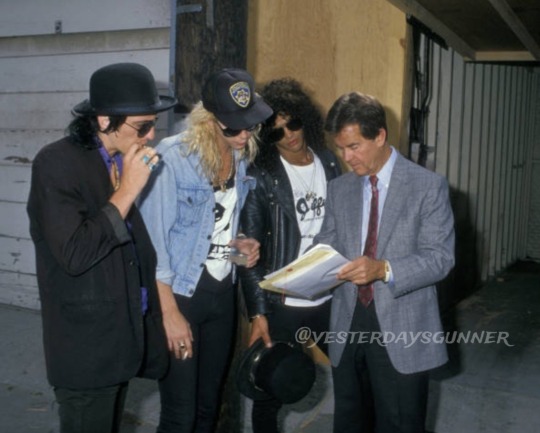

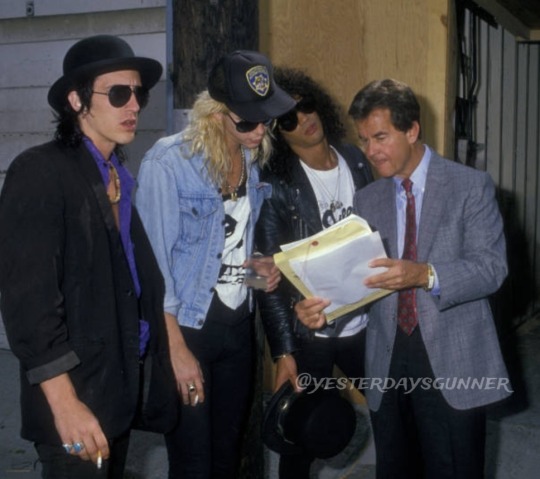
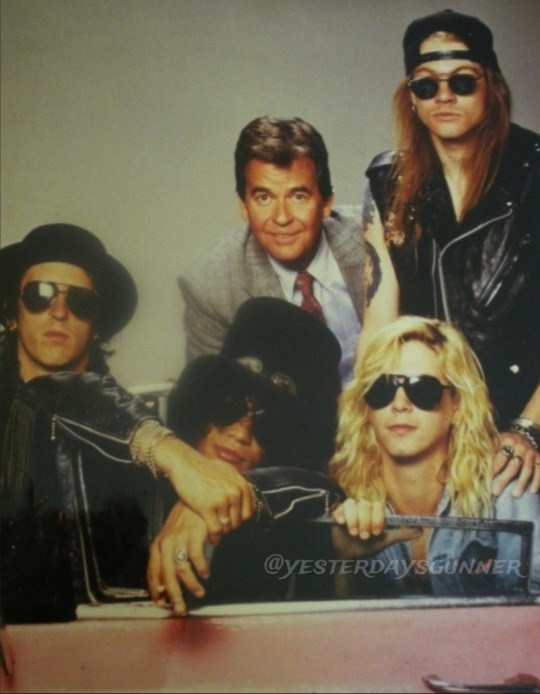
Guns N' Roses com Dick Clark 90's
136 notes
·
View notes
Text

Pretty sure I still have my old Blockbuster card, too.
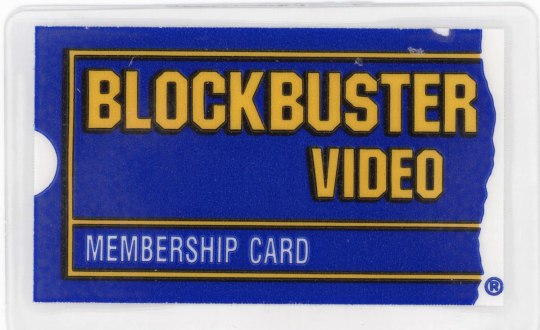
creaturesfromelsewhere 10-9-2023
#Halloween#blockbuster#90's#the 90's#darkly inclined#October#creaturesfromelsewhere#musings from an elder goth
4 notes
·
View notes
Text
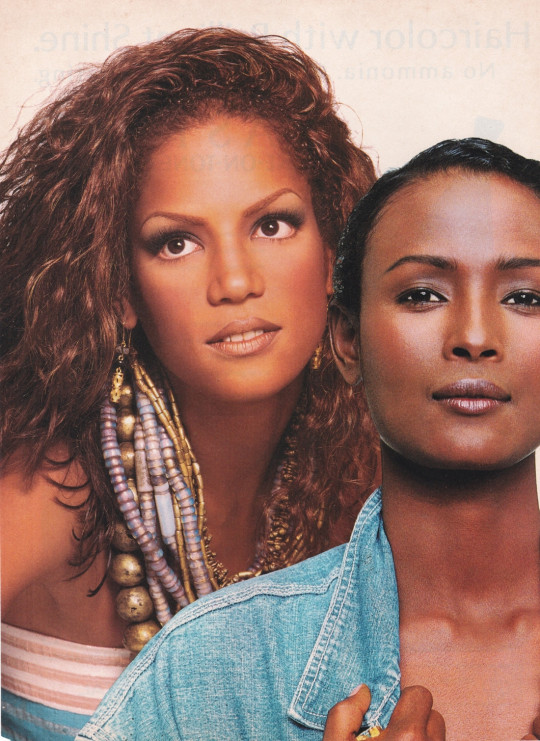
#veronica webb#waris dirie#black models#black supermodels#90's supermodels#90's black models#the 90's#women of color#models of color#black girl moodboard#black girl aesthetic#black women#black girl luxury#blackgirlmagic#blacktumblr#soft life#black girl magic#black girl hair#melanin#soft moodboard#black love#blackout#black girls travel#braids#summer#block party#black girl#luxury lifestyle#rich black women#educated black women
89 notes
·
View notes
Text
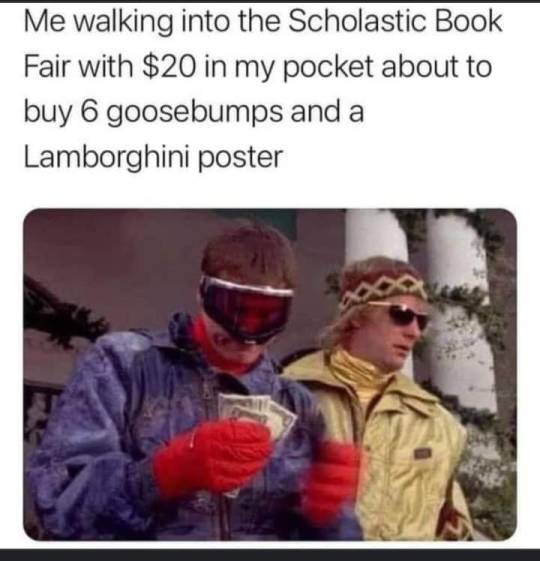
#90saesthetic
#dank tweets#dank memes#dank memage#dumb and dumber#bookworms#scholastic book fair#90s kid#90s aesthetic#90s#90's nostalgia#the 90s#the 90's
33 notes
·
View notes
